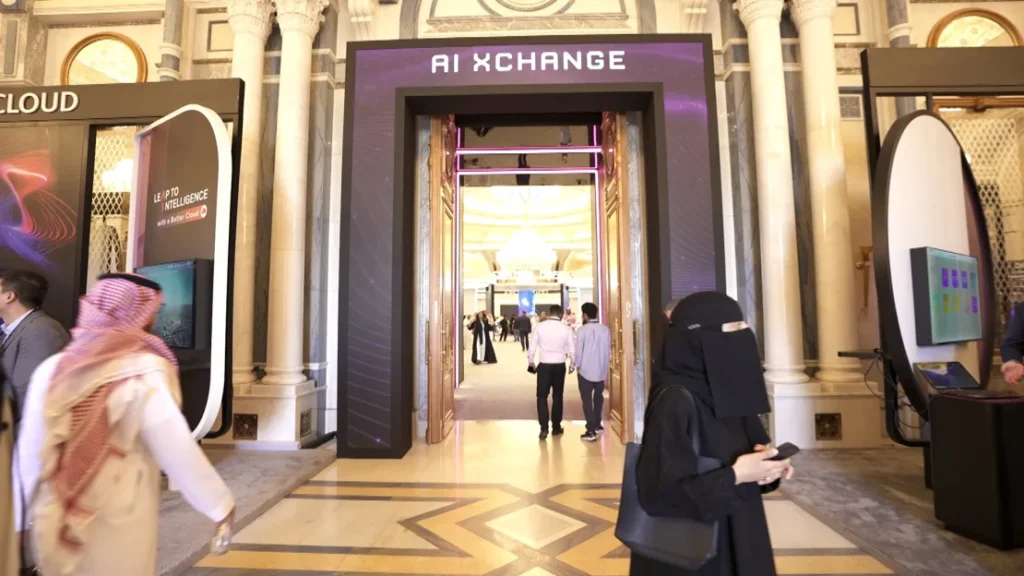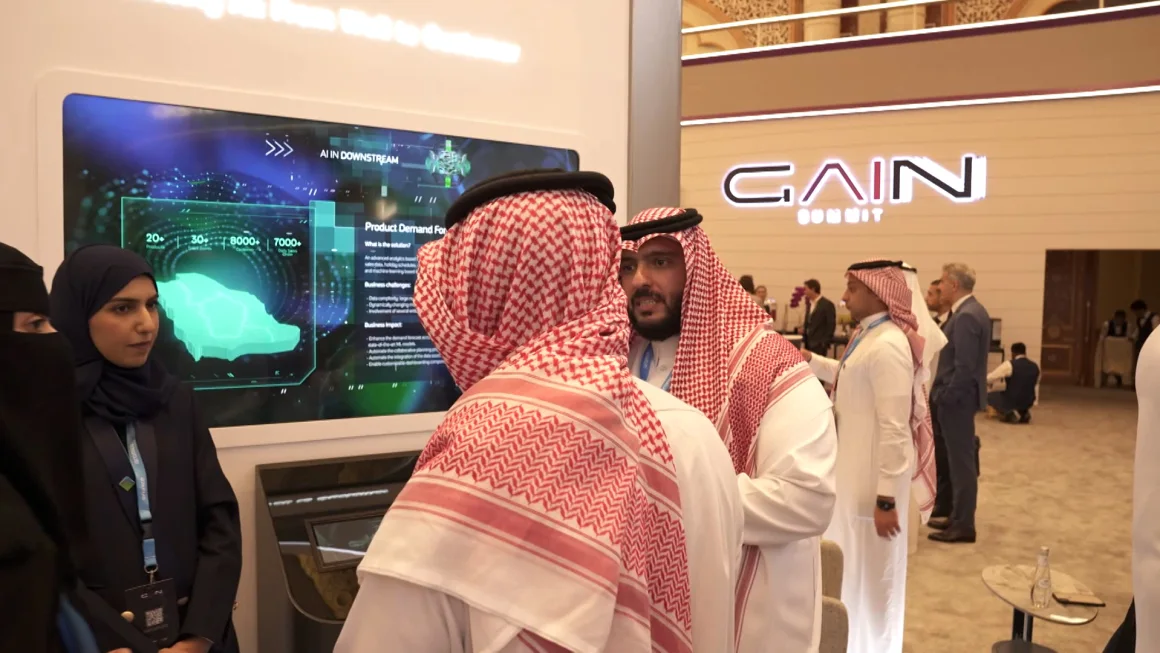The future isn’t just digital. It’s artificially intelligent. And if you’ve been paying attention, you’ve probably noticed a growing trend: the Gulf states—namely Saudi Arabia, the UAE, and Qatar—are pouring serious cash into artificial intelligence (AI). It’s more than just tech buzzwords; it’s a full-on sprint to become global AI powerhouses. But why? And how does it fit into their plans to shake off their oil-reliant economies? Let’s dive into it.
Thank you for reading this post, don’t forget to subscribe!AI in the Gulf: The Big Picture
The Global AI Summit (GAIN) recently took place in Riyadh, Saudi Arabia, from September 10-12, bringing together industry leaders, policymakers, and tech giants. It showcased one clear trend: the Gulf states are no longer content to play a supporting role in the AI revolution. They want to lead.
AI could add an eye-watering $320 billion to the Middle East’s economy by 2030. That’s about 2% of the total global benefits. Gulf states like Saudi Arabia, the UAE, and Qatar aren’t just throwing money at the latest tech fad. They see AI as a critical pillar in their push to diversify away from oil and create sustainable, future-proof economies.

Why AI, Why Now?
Let’s be real—these countries are sitting on vast oil reserves, but they know that can’t last forever. Enter AI. It’s no secret that AI has the potential to revolutionize everything from healthcare to energy, and the Gulf states are eager to lead that transformation.
Stephen Anderson, a strategy leader at PwC Middle East, explained it at the summit: “Here in the region, people were much more prepared to experiment and get involved with AI than maybe some other parts of the world.” Translation? The Gulf is ready to dive headfirst into AI while others are still dipping their toes.
The AI-Energy Connection: A Match Made in the Gulf
Here’s where it gets interesting. AI is an energy hog. The amount of power it consumes is staggering and is even becoming a major source of greenhouse gas emissions. Just ask Google—its emissions in 2023 were 50% higher than in 2019, thanks in part to AI’s insatiable energy appetite. According to the International Energy Agency, AI-related energy demands could double by 2026.
But here’s the twist: Gulf states are uniquely positioned to manage this. Saudi Arabia and the UAE aren’t just oil producers; they’re also ramping up renewable energy production, particularly solar. As Anderson put it, “This is the lowest-cost place anywhere in the world to produce solar energy.” With the Gulf states’ blend of fossil fuels and solar power, they could meet AI’s energy needs more sustainably than, say, the tech hubs of Silicon Valley.
Saudi Arabia’s Vision 2030: AI Takes Center Stage
Saudi Arabia is going all-in on AI, seeing it as a cornerstone of its Vision 2030 plan—a blueprint for reducing its reliance on oil. By 2030, the Saudi government expects AI to contribute 12% of its GDP. That’s massive. The sector is also projected to grow at a lightning-fast rate of 29% annually.
The UAE isn’t far behind. In fact, they’ve already launched some notable AI projects, like the Jais language model, which aims to fill a glaring gap: Arabic language support. Platforms like ChatGPT may be cool, but they don’t exactly excel in understanding the intricacies of Arabic. Jais, along with Saudi Arabia’s Arabic chatbot ALLaM, are working to change that.
In fact, ALLaM is so serious that it’s now hosted on Azure, Microsoft’s cloud computing platform, and is also available through IBM’s watsonx platform. This move shows the Gulf’s commitment to creating AI models that serve their unique needs, rather than relying on English-centric ones that dominate the market.
The Challenge of AI Governance
Of course, with great AI power comes great responsibility. One of the biggest challenges facing the development of AI is governance—how do you regulate this beast while keeping it secure, ethical, and aligned with your cultural values?
During the Global AI Summit, several initiatives were launched to address this, including the Riyadh Charter for AI in the Islamic World. This framework sets guidelines to ensure AI development aligns with Islamic principles. Additionally, the Saudi Data and AI Authority (SDAIA) unveiled policies for the responsible use of deep fakes—a growing concern in AI-driven media.
Nick Studer, CEO of Oliver Wyman Group, believes that the Gulf’s focus on regulation could be a game-changer. “It is critical that we have sensible regulation in place,” he said. AI has the potential to disrupt industries, but without proper governance, it could lead to privacy violations, job loss, and even national security issues.
Building an AI Hub in the Gulf
The ultimate goal for Gulf states? Becoming an AI hub that rivals the tech titans of Silicon Valley and China. According to Studer, the combination of governmental support and private sector entrepreneurship in the Gulf could make this a reality. Over half a dozen Arabic-based large language models are already in development, targeting a wide range of use cases from corporate applications to governmental needs.
The Gulf states are betting big on AI, and it’s a gamble that just might pay off. By combining their energy advantages, financial clout, and cultural nuances with cutting-edge AI, they’re positioning themselves to be key players in the global AI race.
Final Thoughts: What’s Next?
The Gulf states aren’t just dabbling in AI—they’re making a serious play to dominate the field. As they diversify their economies and reduce their dependency on oil, AI stands to be one of the most critical technologies in shaping their future.
As a reader, what does this mean for you? If you’re interested in AI, keep an eye on the Middle East. The region is fast becoming a hotspot for innovation, investment, and growth in AI. And who knows? The next big AI breakthrough could come from a place you didn’t expect.
Call to Action
Want to stay updated on AI developments in the Gulf and beyond? Subscribe to our newsletter for the latest trends, insights, and deep dives into the world of artificial intelligence.

